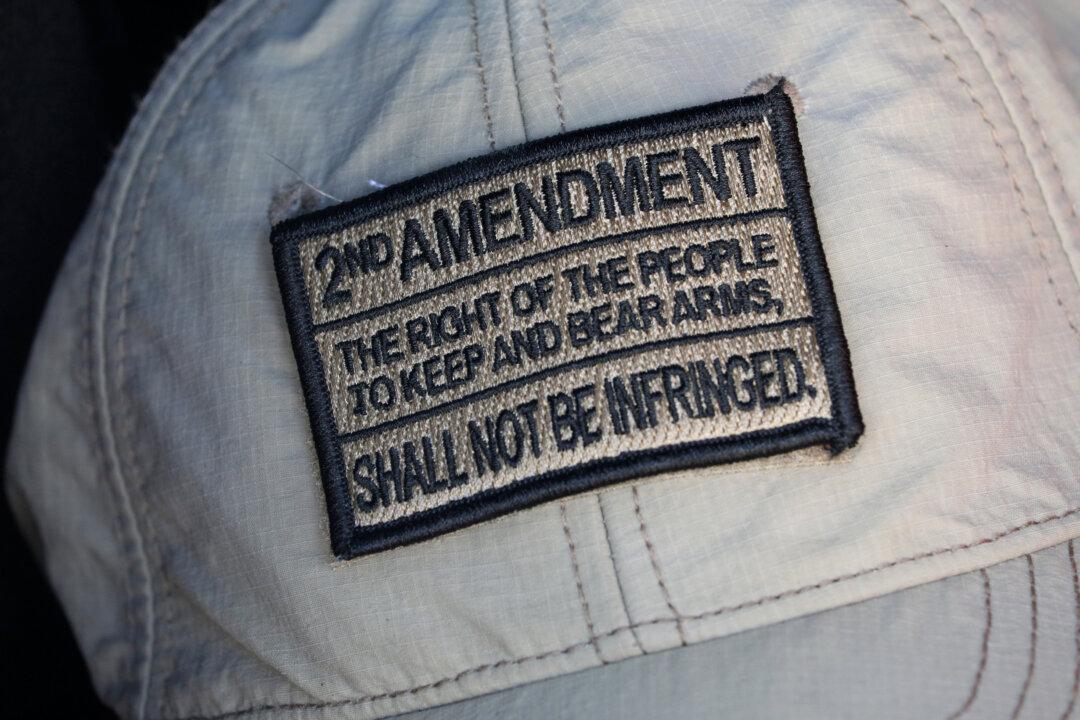In 2022, legislators in four states—Alabama, Ohio, Indiana, and Georgia—passed constitutional carry or permitless carry laws, becoming the 22nd, 23rd, 24th, and 25th states, respectively, to fully embrace the Second Amendment of the U.S. Constitution.
On April 3, Florida Gov. Ron DeSantis signed HB 543 into law, making his state the 26th to join the constitutional carry movement and the first state to take America officially over the halfway mark in becoming majority constitutional or permitless carry. The law took effect on July 1.





